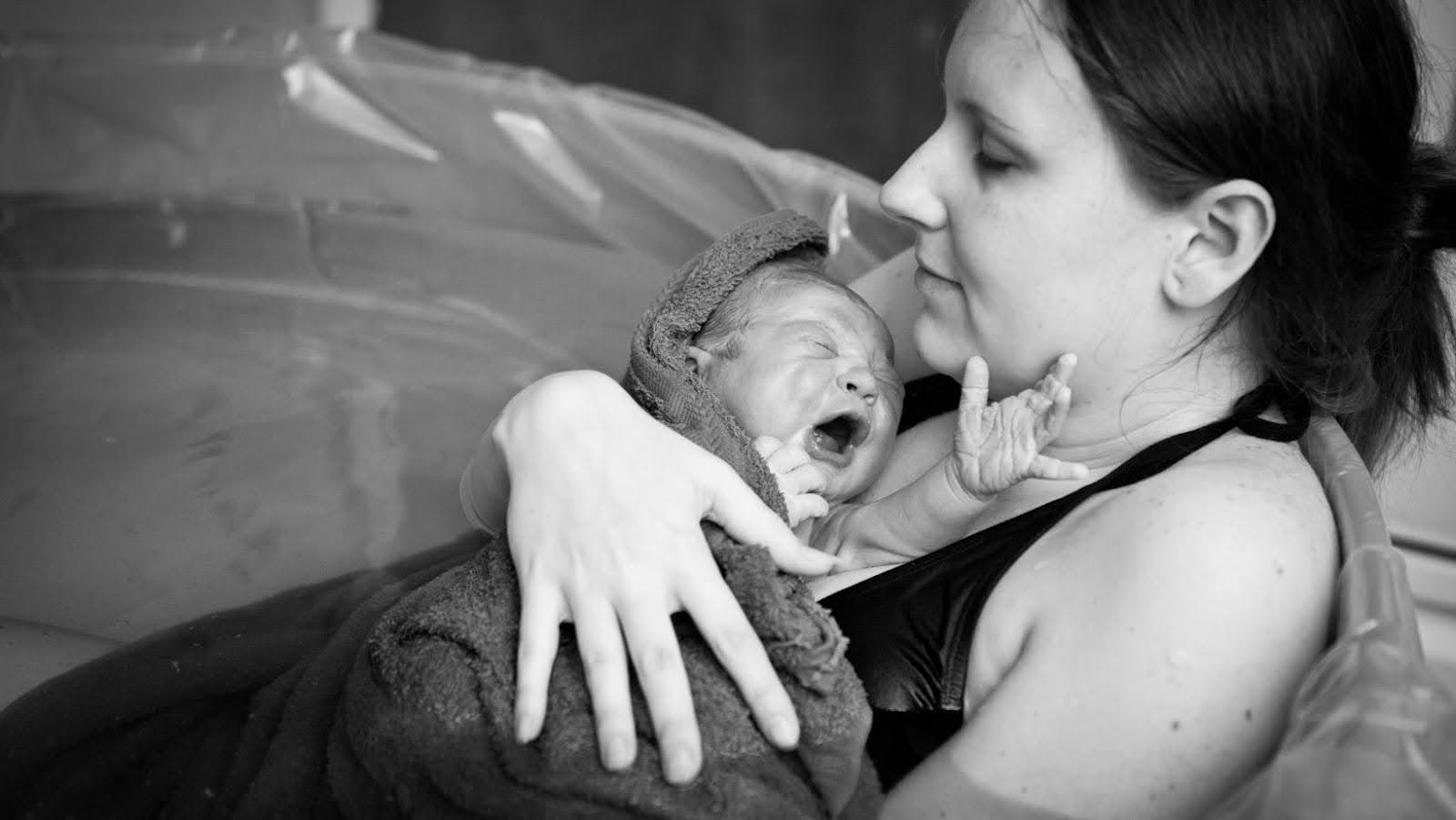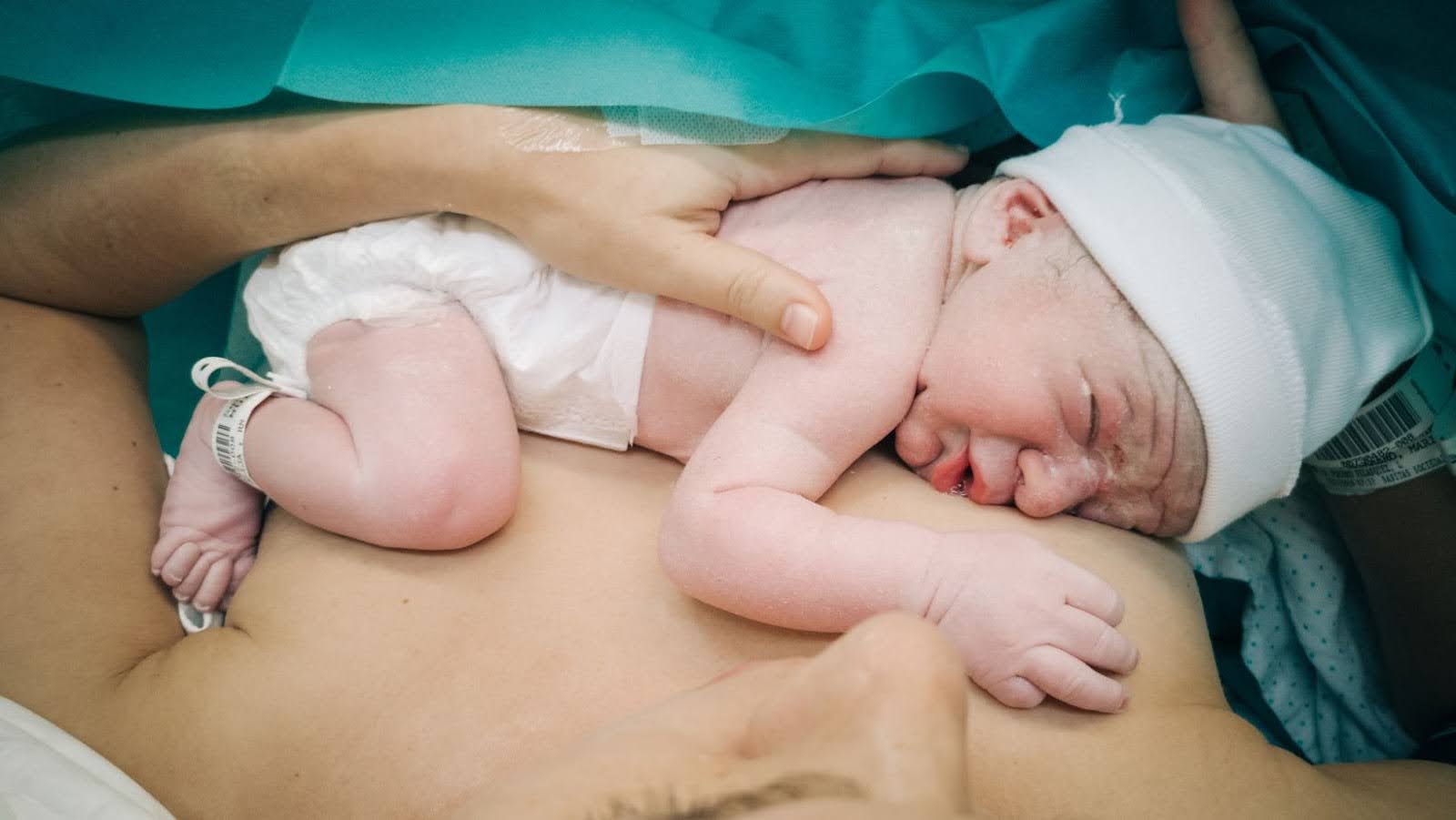The arrival of a child is usually one of the most joyful moments in a family’s life. Parents eagerly anticipate holding their newborn and envision a bright future filled with milestones and memories. However, when a birth injury occurs, this excitement can be overshadowed by confusion, worry, and even grief. Birth injuries can have lasting effects on the child and the family, and navigating this complex situation is a daunting challenge for any parent.
In this article, we will explore what birth injuries are, the impact they have on families, and ways parents can cope and find the support they need.
What Are Birth Injuries?
Birth injuries refer to any physical harm or damage that occurs to a baby during the process of labor and delivery. These injuries can range from minor bruises or fractures to more serious conditions affecting the brain or nerves. Common types of birth injuries include:
- Brachial Plexus Injury: Damage to the nerves that control the arm and hand, sometimes causing weakness or paralysis.
- Cerebral Palsy: A group of disorders affecting movement and muscle tone caused by brain damage before, during, or shortly after birth.
- Fractures: Broken bones, such as a fractured collarbone or skull.
- Hypoxic-Ischemic Encephalopathy (HIE): Brain injury caused by oxygen deprivation during birth.
- Cephalohematoma: A collection of blood under the scalp, often from pressure during delivery.
The causes of birth injuries vary and may include complications like prolonged labor, use of forceps or vacuum extraction, premature birth, or medical negligence. For parents, the experience of receiving such a diagnosis is overwhelming and often unexpected.
The causes of birth injuries vary and may include complications like prolonged labor, use of forceps or vacuum extraction, premature birth, or medical negligence. For parents, the experience of receiving such a diagnosis is overwhelming and often unexpected. If the delivery involved potential medical errors, a birth malpractice lawyer in Lakewood may help families understand the legal aspects of such cases and what evidence is usually reviewed.
The Emotional Impact on Parents
Parents facing the reality of a birth injury can experience a wide array of emotions. Shock and disbelief are common in the early days, as parents grapple with the contrast between their expectations and the new reality. Feelings of guilt often surface, as parents may wonder if they did something wrong or if earlier intervention could have prevented the injury.
Anger and frustration are also natural responses, especially if the injury was due to medical errors. The sense of loss for the “perfect birth” experience and the child’s potential can lead to grief that requires time and support to process.
Additionally, parents might feel isolated, especially when others around them seem to be celebrating typical newborn milestones. Watching their child face challenges with feeding, movement, or communication can be heartbreaking.
Practical Challenges and Adjustments
Beyond the emotional toll, birth injuries often bring practical challenges that require immediate and long-term adjustments. Parents may need to navigate complex medical appointments and therapies, manage additional caregiving tasks, sometimes around the clock, and handle financial strain from medical bills and potential loss of income. For families who suspect medical negligence played a role in their child’s injury, consulting a Birth Injury Attorney in Connecticut can be an important step to understand legal options and secure the support they deserve. All of these responsibilities can create stress and exhaustion, affecting the overall well-being of the entire family.
Finding Support: You Are Not Alone
One of the most important things for parents to remember is that they are not alone. There are many resources and communities designed to help families coping with birth injuries:
Medical and Therapeutic Support
Early intervention is critical in improving outcomes for children with birth injuries. This can include physical therapy, occupational therapy, speech therapy, and specialized medical care. Working closely with a trusted team of healthcare professionals helps parents understand their child’s condition and the best course of action.
Emotional and Psychological Support
Seeking counseling or therapy for the parents and family members can be invaluable. Professional support can help process grief, reduce anxiety, and develop coping strategies.
Peer Support Groups
Connecting with other families who have experienced similar challenges offers emotional validation and practical advice. Support groups, whether local or online, create safe spaces for sharing experiences and finding encouragement.
Legal and Advocacy Resources
In addition to consulting a birth injury attorney, advocacy organizations work to raise awareness about birth injuries and improve standards of care. These groups often provide resources and connect families with necessary services.
Tips for Parents Dealing with Birth Injuries
While each family’s situation is unique, some strategies can help parents navigate this difficult journey:
- Educate Yourself
Learn as much as possible about your child’s specific injury and treatment options. Knowledge empowers parents to make informed decisions and advocate effectively. - Build a Support Network
Lean on family, friends, and professionals who can offer help, whether emotional, practical, or financial. - Practice Self-Care
Taking care of your own physical and mental health is essential. Even small breaks, healthy eating, exercise, and relaxation can make a difference. - Celebrate Progress
Focus on your child’s milestones and improvements, no matter how small. Every step forward is a victory. - Communicate Openly
Share your feelings with trusted individuals and seek professional help when overwhelmed. - Plan for the Future
Work with therapists and educators to create a long-term plan for your child’s development and education.
The Role of Healthcare Providers
Healthcare providers play a crucial role in supporting parents dealing with birth injuries. Compassionate communication, clear explanations, and coordinated care plans can ease parents’ fears and uncertainties. Providers should encourage questions and involve parents in every decision-making process.
Hope and Resilience
Despite the initial hardship, many families find hope and strength in their journey. Children with birth injuries can grow, learn, and thrive with appropriate care and support. Parents often develop deep resilience and advocacy skills, becoming powerful voices for their children and others facing similar challenges.
Conclusion
Dealing with a birth injury is one of the toughest challenges a parent can face. It reshapes dreams and tests emotional strength, but with the right support, families can navigate this path with hope and determination. Understanding the injury, seeking professional help, building a support system, and focusing on progress can empower parents to provide the best care for their child.
If you or someone you know is dealing with a birth injury, remember that help is available. Connecting with medical professionals, counselors, support groups, and legal advisors can make a significant difference in managing the journey ahead. While the road may be difficult, love and resilience can help families face whatever comes next with courage.
